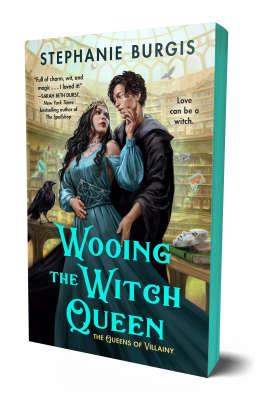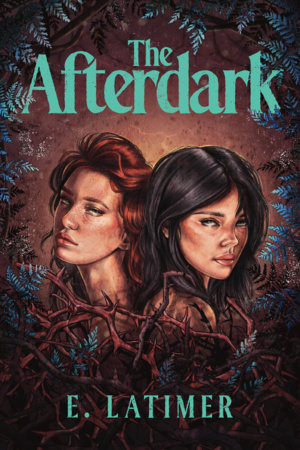Wooing the Witch Queen, by Stephanie Burgis (Tor)
Stephanie Burgis continues to delight readers with her
playful twists on fairytale stories. In my opinion, her recent books have taken
her skill to a new level.
In Wooing the Witch Queen, she combines magic,
Victorian-esque politics, vivid psychological family drama (with attendant
trauma), and a sweet, believable love story. Archduke Felix has spent his life
as a political pawn and abuse victim of his ambitious relative. When he escapes
and shows up at the doorstep of the wicked queen, Saskia, he has no idea of the
parallels of their lives. Under her incredibly powerful magic, she’s insecure,
convinced that she’s unlovable. A twist of coincidence lands him in the position
of her masked librarian, tasked with setting to order the literary chaos of her
collection. I’m a sucker for libraries and librarians, and Felix’s education,
which has been restricted to poetry and the like, not swordsmanship, serves him
well. Not only are their kingdoms on the brink of war, but Saskia has vowed to
kill him on sight because of the lies told about his role in the war. His life
depends on keeping his identity hidden behind his “dark wizard” mask.
Of course, they fall in love.
Over books.
And mutual sexual attraction, which is fine by me.
I admit that I have no idea how original the world of Wooing
the Witch Queen is. I found it both familiar enough that I didn’t need a
ton of explanation, and fresh enough to keep me entertained. As I said, I’m a
sucker for libraries and librarians.
There are more books in this series. I’m looking forward to
the adventures of the other members of the Queens of Villainy.





